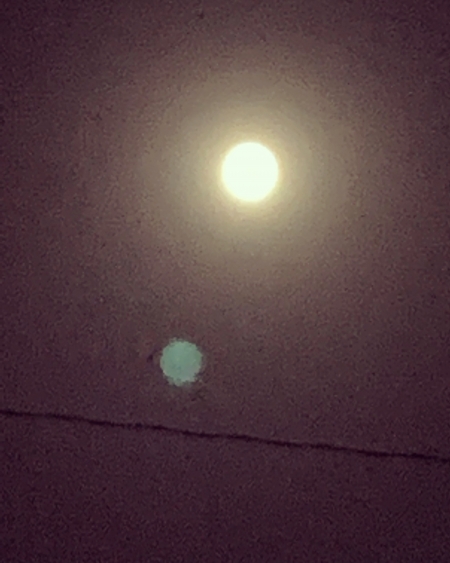問い
思考が行き詰まったときには、本来どうあるべきかをもう一度問い直してみることが大切、今日一日、何度も唱えた言葉。
はじめに戻って、そもそも何を考えてはじめたか、いつのまにか違う所を歩いていたりするので、軌道修正をする。
変な先入観や知識がズレを生むのかもしれない。
明確な道筋を立ててはじめていても、はじめの問いが後にブレたりする。意外とそれがあり、何度も本来どうあるべきかを問い直している。
難しいのは、本来どうあるべきかを指向しながら、でも途中で、未だに空白の部分、誰も答えを出していない部分を見つけると、それを行いたくなり、最初の指向とうまく調和調整できないかと試みて、なかなか難解なことになってくるのでブレる。
いずれにせよ、はじめの問いに対しては面白く、そこは未開の地なので、解くことに熱中している。
"question"
When thinking gets stuck, it's important to ask again what it should have been, a word that you have recited several times a day today.
I will go back to the beginning, what I started thinking about, I will walk around a different place before long, so I will correct the trajectory.
A strange preconception or knowledge may cause a gap.
Even if you are starting to make a clear path, the first question will be blurred later. Unexpectedly, there is it, and it is asking again how many things should be.
The hard part is pointing to what it should be, but if you find a blank part, a part where nobody gives an answer, along the way, you will want to do it, and it will not be harmoniously adjusted with the first one. I try, it blurs because it becomes quite difficult.
Anyway, it is interesting for the first question, and it's an unexplored land, so I'm passionate about solving it.

